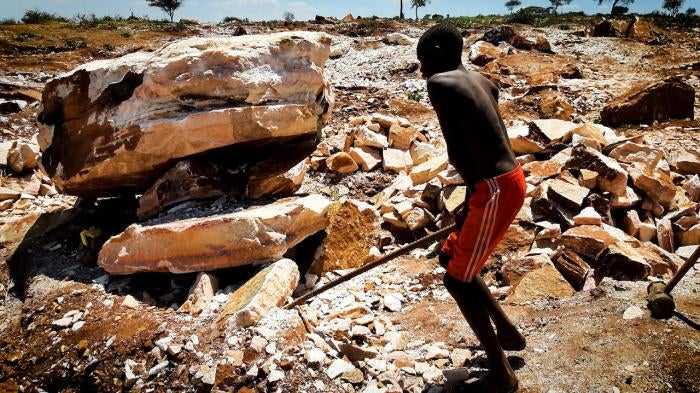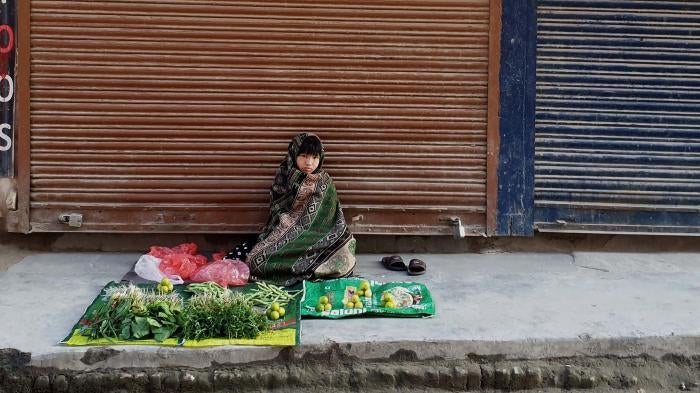Covid-19's Impact on Children's Rights
Read a text description of this video
Over the last two decades, countries have made remarkable progress reducing child labor. Since 2000, the number of children in child labor has dropped by 94 million.
In many countries, governments provided families with cash allowances, so that they could meet their needs without sending their children to work.
But the impact of the Covid-19 pandemic is reversing that progress.
Families have lost jobs and income, and schools have closed.
In countries like Nepal, Ghana, and Uganda, children have gone to work to help their families put food on the table.
Many work long, grueling hours for very little pay, if they are paid at all.
Some work under hazardous conditions, handling toxic mercury to process gold, or suffer injuries from working with dangerous tools.
Once working, many children will never return to school.
But child labor is not inevitable.
Before the pandemic, cash allowances for families helped many countries reduce poverty and child labor rates.
Now, governments should expand cash allowances to help support families hit hard by the pandemic, and to protect children’s rights to an adequate standard of living, to education, and to protection from child labor.
(New York, May 26, 2021) – The unprecedented economic impact of the Covid-19 pandemic, together with school closures and inadequate government assistance, is pushing children into exploitative and dangerous child labor, Human Rights Watch said in a report released today in advance of the World Day against Child Labor on June 12, 2021. Governments and donors should prioritize cash allowances to families to protect children’s rights and enable families to maintain an adequate standard of living without resorting to child labor.
The 64-page report, “I Must Work to Eat”: Covid-19, Poverty, and Child labor in Ghana, Nepal, and Uganda[DS1] ,” was co-published with Initiative for Social and Economic Rights (ISER) in Uganda, and Friends of the Nation in Ghana. Researchers examined the rise in child labor and poverty during the Covid-19 pandemic, and the pandemic’s impact on children’s rights. Children described working long, grueling hours for little pay after their parents lost jobs or income due to the Covid-19 pandemic and associated lockdowns. Many described hazardous working conditions, and some reported violence, harassment, and pay theft.
[DS1]link

